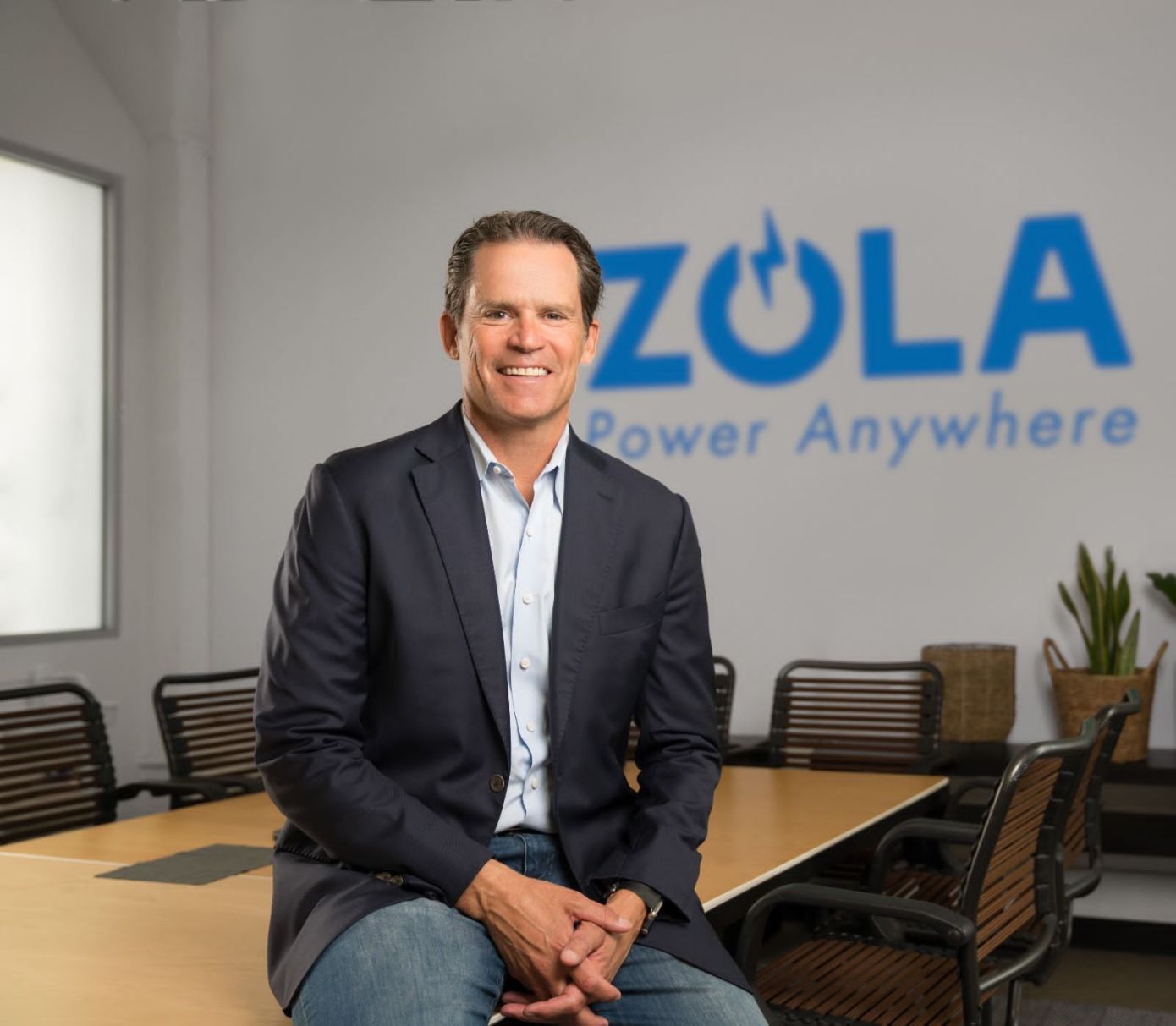Zola Electric secures $90m in equity and debt to scale offering and enter new markets

Zola Electric, a solar-hybrid renewable energy provider has raised $90 million capital to develop next-generation hardware and software, and to enter new markets. The funds comprise a $45 million equity raise and the other $45 million in debt.
The equity bit was led by TotalEnergies Ventures — the capital venture of TotalEnergies; SF-based impact VC firm DBL Partners; Africa’s largest PE firm Helios Investment Partners; Vulcan Capital, the investment arm of Paul Allen; Lyndon and Pete Rive (founders of Tesla-owned SolarCity); and New York-based utility-focused hedge fund Electron Capital Partners.
The balance of the capital raise comes in the form of debt provided by Dutch entrepreneurial development bank FMO and solar financier Sunfunder, among other Energy Access lenders.
In a chat with TechCrunch, Bill Lenihan, CEO of Zola Electric said the group of investors in this deal brings more than capital. “They bring strategic benefit to this company and awareness that is over and above the capital. And importantly, this is the group that demonstrated their confidence and desire to really solve what is a global problem.”
He adds that Zola will use the funding to improve product development and commercial efforts. First, around product development, the team is eager to build next-generation digital renewable energy.
Zola Electric offers intelligent batteries, integrated into any energy source, including solar, for installation in homes and businesses. Its customers gain data, analytics and control of their systems through the firm’s Vision SAAS software.
More than 1.5 million users and over 300,000 homes and businesses use Zola products across multiple African countries — Ivory Coast, Ghana, Namibia, DRC, South Africa, Zambia and Nigeria.
Outside Africa, the company is also present in the U.S., Brazil, Pakistan, and the Philippines. It has plans to expand further into Northern Africa, Asia and South America.
According to a World Bank report, over 750 million people continue to live without access to electricity in the world. The majority of that number come from Sub-Saharan Africa and other emerging markets, despite the prevalence of renewable energy providers in these regions.
Lenihan is confident that digital distributed energy would fix the problems faced by emerging markets faster than other traditional energy providers.
“This is a different ballgame because most people initially thought the solar systems would solve emerging markets’ energy problems because Western technology backup systems and inverters are solid. But now it’s not that solid. We need to start from scratch. We need grid-like characteristics in these markets, and we need integration, modularity and intelligence. That’s our view.”
Nigeria’s Daystar Power secures $20 million from IFC to invest in hybrid renewable energy systems